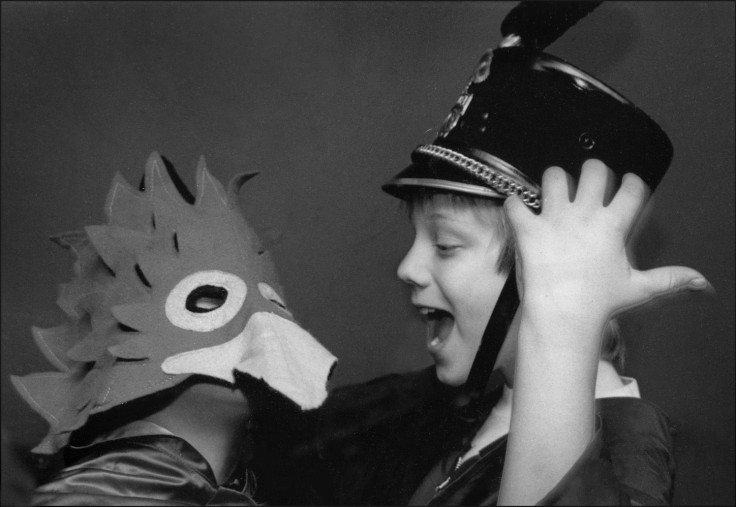Theater Therapy Can Help Kids With Autism Become Social Butterflies

A little role play on the theater stage may help children with autism better navigate their social lives once offstage, a new study published in the Journal of Autism and Developmental Disorders has found.
Observing 17 children with autism from the ages of 8 to 14 who had taken part in a 40-hour, 10-week-long theater program, the researchers found there were almost immediate, moderate to large, improvements in social ability, communication, and facial memory, among other variables, when compared to a control group of 13. Better still, when they followed up with the children two months later, they found lasting beneficial effects on their communication skills.
"We measured many aspects of social ability and found significant treatment effects on social cognition, social interaction, and social communication in youth with autism," said lead author Dr. Blythe Corbett, an associate professor at Vanderbilt University and investigator with the Vanderbilt Kennedy Center, in a statement.
The children were enrolled in the Social-Emotional Neuroscience & Endocrinology (SENSE) theater program, a “novel intervention program aimed at improving reciprocal social interaction in youth with autism spectrum disorder (ASD) using behavioral strategies and theatrical techniques in a peer-mediated model,” developed by Corbett and her colleagues at the SENSE lab at Vanderbilt. Some of these techniques include role-playing and improvisation; and the program ultimately concludes with a grand performance in front of a live audience.
Though behavioral programs to improve the social capabilities of children with autism have existed for some time, and enjoy good empirical support, they can fall short by not directly including interaction with peers. Since children with ASD often find it hard to translate their newly learned social skills into different contexts, the progress they’re able to achieve in therapy can go by the wayside elsewhere.
To help remedy that, the SENSE theater program recruits especially social typically developing peers to take part and act alongside these children.
“In the SENSE approach, youth actors are conceptualized as ‘experts’ of reciprocal social interaction skills that include verbal and non-verbal communication, socioemotional perception, and expression, as well as behavioral and affective control,” Corbett and her colleagues explain in a 2014 paper. “It has been shown that learning from an expert with instructional cues can enhance learning. Learning by watching and interacting with the expert models in a to-and-fro social exchange develops the skills in an efficient and precise manner.”
In this study, the peer actors were brought over from the University School of Nashville.
The pilot study’s findings are especially encouraging in light of earlier, smaller studies conducted by Corbett’s team. One such study involved a two-week summer camp program that was still able to find improvement in “core social deficits in ASD.”
"Peers can be transformative in their ability to reach and teach children a variety of fundamental social skills," Corbett said. "And, combined with acting techniques that enhance our ability and motivation to communicate with others, the data suggests we may be setting the stage for lasting changes in how our children with autism perceive and interact with the social world."
Source: Corbett B, Key A, Qualls L, et al. Improvement in Social Competence Using a Randomized Trial of a Theatre Intervention for Children with Autism Spectrum Disorder. Journal of Autism and Developmental Disorders. 2015.



























